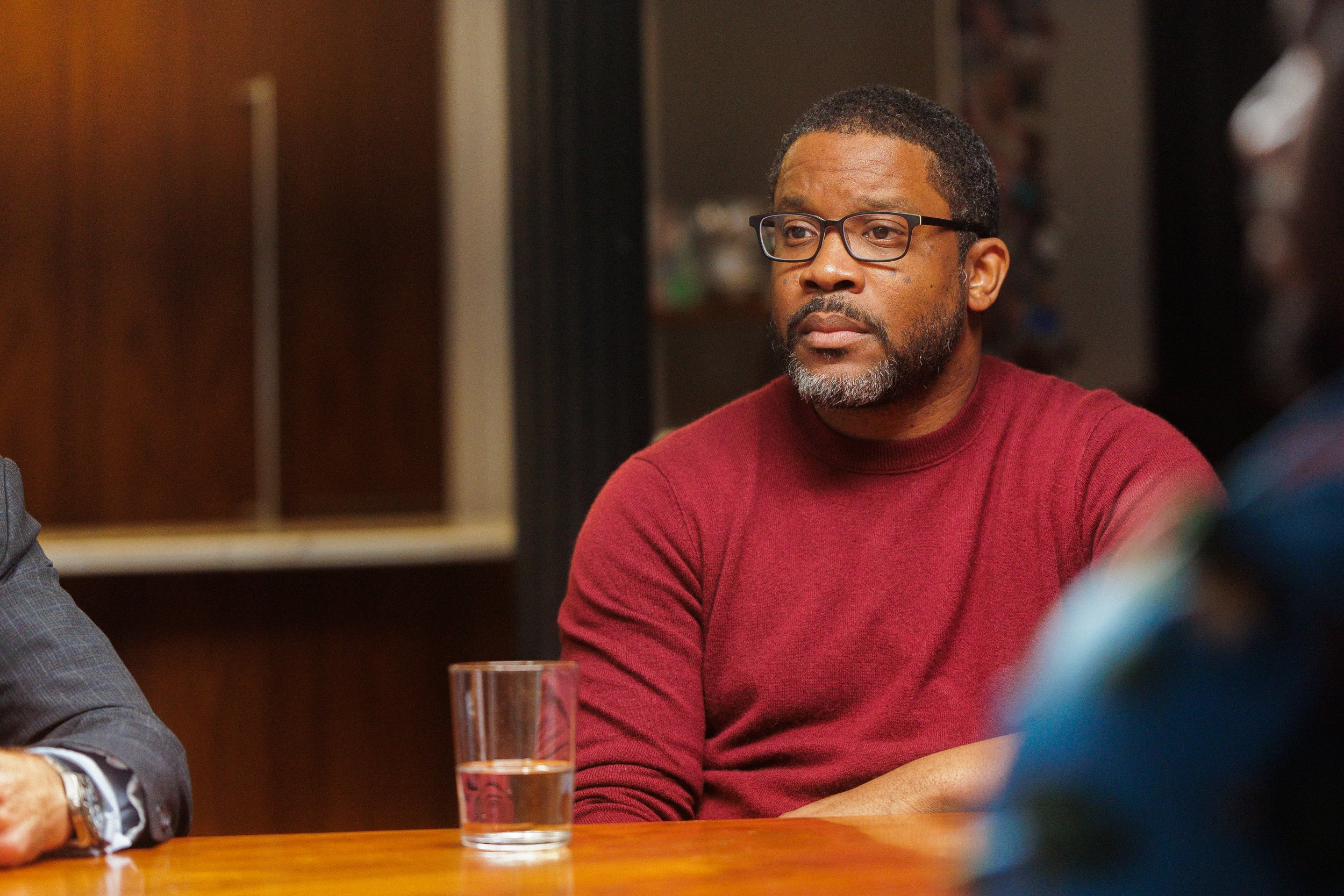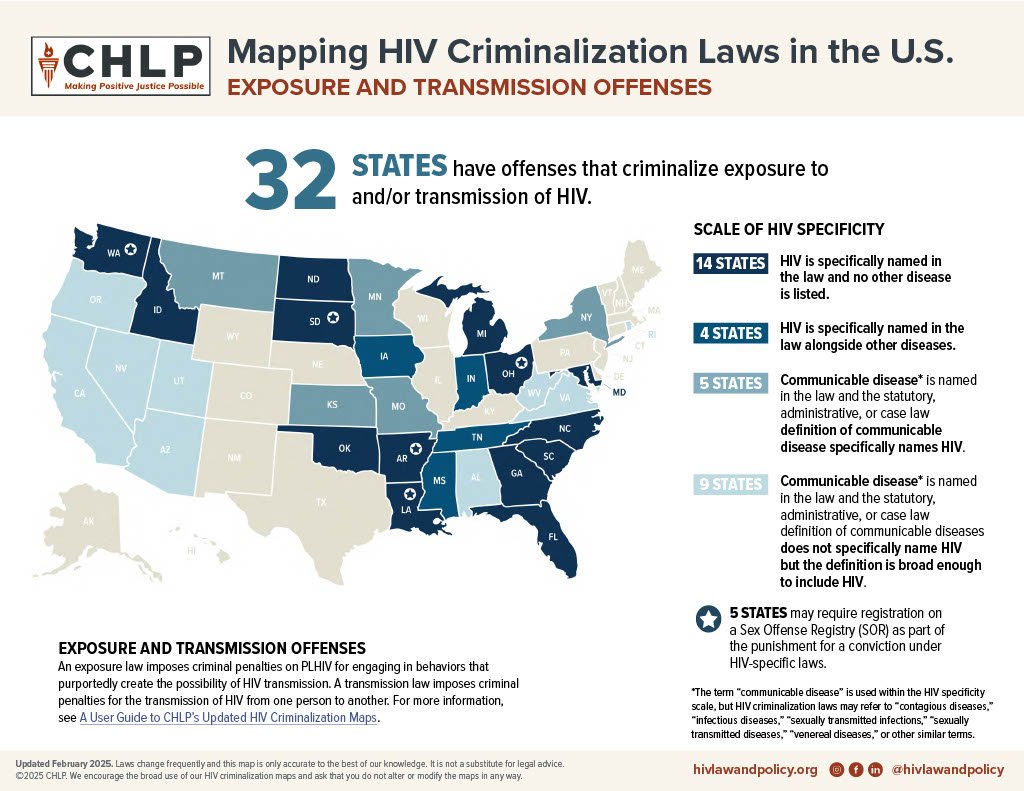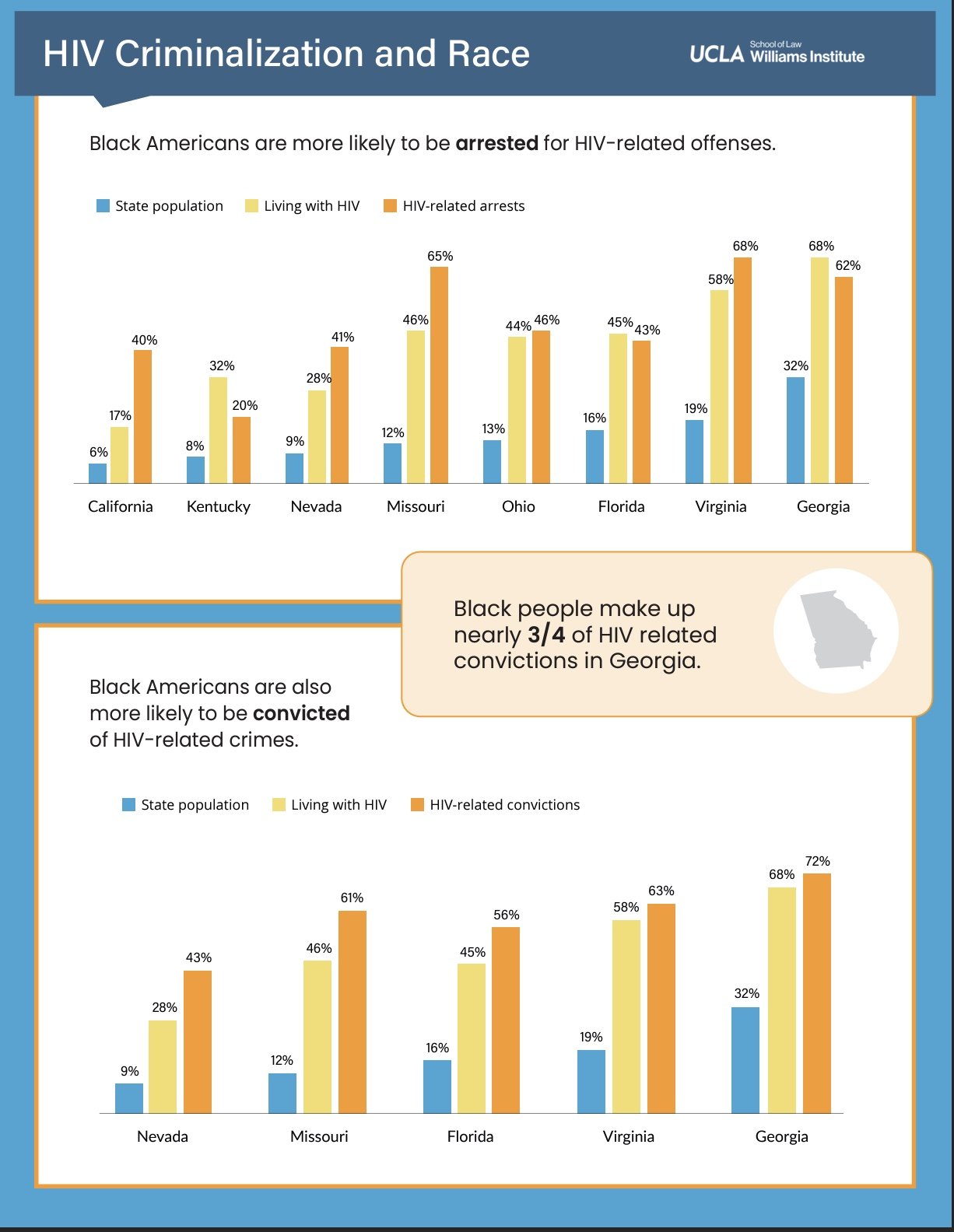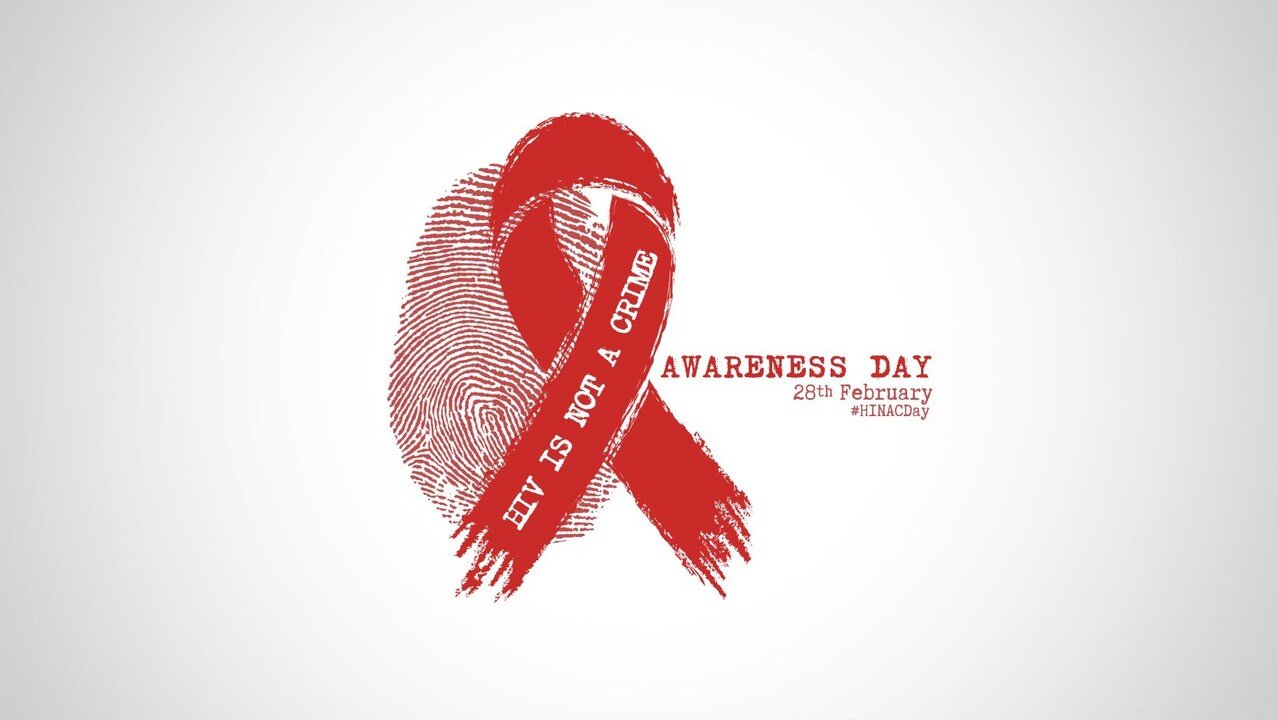Black. Gay. HIV. Criminalized.
I know firsthand what it means to have your very existence policed—to be judged not for harm done but simply for living with HIV.
Pictured: Robert Suttle, Chair of The Elizabeth Taylor AIDS Foundation (ETAF) Council of Justice Leaders.
For people like me from the South—Black, gay, and living with HIV—criminalization isn’t just a theoretical issue. It’s personal. It’s an ever-present reality that dictates how we navigate healthcare, relationships, and even our own freedom. The criminalization of HIV is not about science or public safety. It’s about control, punishment, and reinforcing stigma. It disproportionately targets Black and brown people, LGBTQ+ communities, sex workers, and others already marginalized by the system.
HIV criminalization laws are relics of the past, based on misinformation, fear, and deeply rooted biases. These laws don’t reflect modern science. They don’t acknowledge that treatment prevents transmission. They don’t encourage testing or disclosure. Instead, they create a chilling effect—pushing people into the shadows, making them fear prosecution for simply existing.
I talk about it because no one should face arrest, prosecution, or incarceration simply for living with HIV. No one should have to choose between seeking care, maintaining care, and fearing criminal consequences. Sound familiar?
And yet, in 2025, more than two-thirds of U.S. states still punish people living with HIV.
Current landscape of HIV criminalization in the U.S.
Why Does This Matter?
If you think this doesn’t affect you, think again.
If you care about public health, you should know that HIV criminalization undermines prevention efforts.
If you care about racial justice, you should know that these laws disproportionately target Black and brown communities.
If you care about LGBTQ+ rights, you should know that many of these laws have been weaponized against queer and trans people.
Examples of HIV criminalization by race.
So, the real question is: What will it take to end this injustice?
HIV Is Not a Crime Awareness Day
February 28th marks HIV is Not a Crime Awareness Day (#HINACDay); I stand in solidarity with all who are fighting back to modernize and repeal unjust laws, demand truth over fear, and ensure that people living and aging with HIV are treated with dignity and respect.
HIV is Not a Crime Awareness Day logo.
We deserve policies based on science, not stigma.
We deserve to live without fear of prosecution.
We deserve to be seen as people, not criminals.
Want to Learn More?
Watch this Roundtable Conversation with Don Lemon and The Elizabeth Taylor AIDS Foundation (ETAF) Council of Justice Leaders, where we discuss the harsh realities of HIV criminalization in the U.S.





